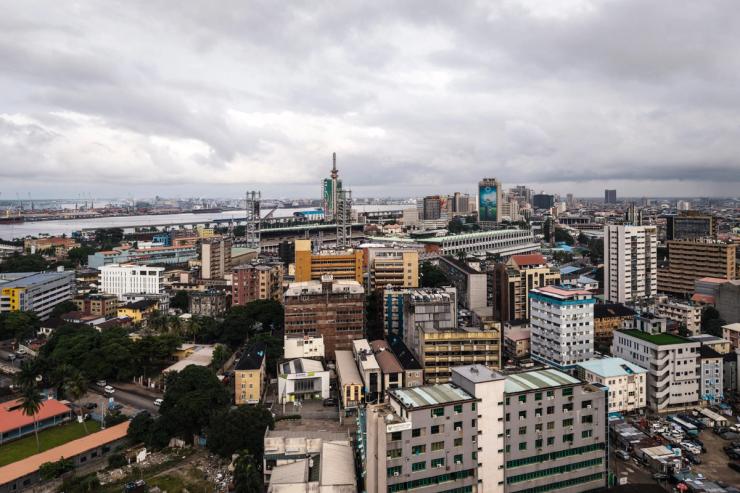The News
Africa’s private sector needs to grow to increase investor interest in secondary markets, experts told Semafor, after new research showed the continent lags behind other regions.
The value of global secondaries deals — transactions in which an investor purchases an asset from another investor — rose 45% to a record $162 billion last year, according to the report by New York-based Global Private Capital Association, a trade group. This boom has been driven by asset managers like US giants Goldman Sachs, Blackstone, Lexington Partners, and French firm Ardian, who have each raised tens of billions of dollars for dedicated secondary funds since 2021.
Activity in Africa has been quieter, however. GPCA, in its report published in August, said a limited pool of international buyers and local specialists compared to Asia, and other more mature markets, has constrained secondary activity. It also said the dominance of development finance institutions of the capital base for African funds, and their historical unwillingness to sell on the secondary market, have limited deal activity.
Jeff Schlapinski, GPCA’s managing director of research, said only “a few local funds are active in this space” in Africa, adding that an increase in the number of dedicated secondary funds in Africa will require continued private sector growth “so that there is a wealth of different opportunities for investors to pursue.”
Richard Okello, co-founder of Sango Capital, an African private equity and venture capital investor, said the continent’s private capital sector has historically been unable to “attract the right buyers” due to a lack of investors selling a large amount of assets. “For players from other geographies to come buy secondaries from Africa, the transaction size has to make sense, which means you need lots of sellers willing to sell large chunks,” Okello said.
In this article:
Know More
Liquidity challenges in a global economy stifled by inflation have raised the urgency of fund managers to generate returns for investors, drawing more attention to secondaries. Global interest in secondaries has risen sharply in the last four years as an exit route for investors.
Paris-based private equity investor Ardian raised $30 billion for its secondaries fund in January, $7 billion more than New York firm Lexington Partners raised for the same purpose last year. Adventurous firms of this size “are not going to get out of bed for deals less than $100 million,” Okello, whose firm has managed more than half a dozen African secondaries transactions in the last decade, said.
Being a nascent market, African secondaries have yet to generate such deals on a regular basis. But a shift is underway. “More DFIs recognize that secondaries are a normal part of private equity and venture capital, and that actually they can use these deals to bring more commercial capital into Africa,” Schlapinski said.
One example is British International Investment, the UK’s development finance agency, which last year sold parts of its stakes as an investor in two pan-African investment funds and one in Asia to Blue Earth Capital, a Swiss investor. It was BII’s first secondaries sale, which it described as a pilot deal to create “a more robust secondaries private equity market, and help mobilize more capital into emerging markets.”
The View From Lagos
Lexi Novitske, general partner at Norrsken22, an Africa-focused growth-stage startup investor with a $205 million fund, sees a role for secondaries in the fund’s exit strategy, given that exit timelines are set to be longer in the current global economic landscape.
Norrsken22 is at its halfway stage of deployment with about 10 startups in its portfolio. It is looking to invest in more cross-border payments deals but is also exploring the electric vehicle and stablecoin sectors, Novitske told Semafor.
But her expectation is that secondaries will feature “in very few circumstances” as the fund aims for its portfolio companies to be acquired by other companies or go public. “Mostly because when you are exiting to a private equity firm, your multiples on the exit are going to be much smaller than if it’s a strategic buyer. It’s not the most positive outcome for us as growth-stage investors,” she said.
Notable
- Peter Maila, Co-Chief Investment Officer at the Dutch development finance agency FMO, said Africa’s secondary markets need more “exit opportunities” to grow, “so that investors will have faith that they can sell assets they buy.”



